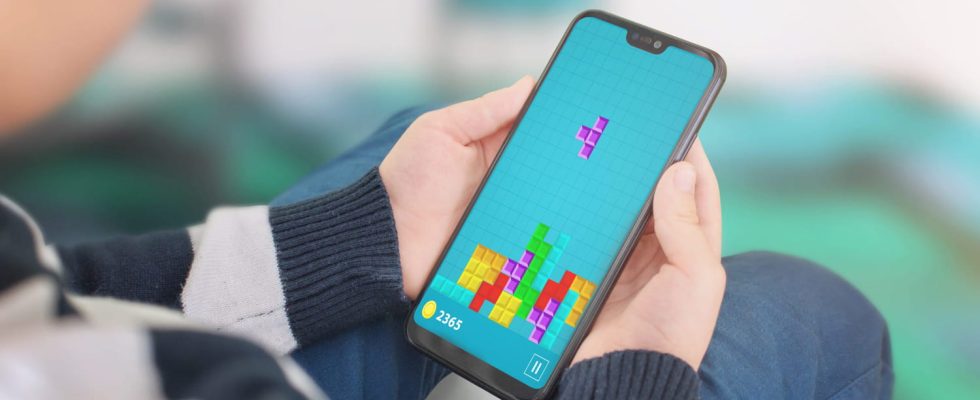According to a recent study, many mobile gaming applications, aimed at children, borrow certain mechanisms from casinos to get young ones totally addicted.
Like Candy Crush for adults, there are free mobile gaming apps intended for children. If at first glance, a virtual game, where the child has fun exploding candy, or becoming a hairdresser, stylist, racing driver, seems harmless, in reality, behind some of these childish scenarios hide well-established mechanisms of games of chance and money, specific to casinos, and which make you totally addicted. In any case, this is the observation made by two researchers from the University of Quebec in Montreal (UQAM), Maude Bonenfant and Alexandra Dumont, as part of a study carried out on 249 free mobile games, that the Canadian media LaPresse was able to consult.
A phenomenon called “gamblification”
For communications researcher and professor Maude Bonenfant, this is a “new form of gambling“, a term that appeared at the end of the 2000s. This gamblification phenomenon “refers to the introduction into video games of devices based no longer on the skill of the players, but on chance or money”, indicates the Swiss association Groupement Roman d’Étude des Addictions. In other words, certain mobile games for children borrow mechanics found in games of chance or money, such as in casinos, to create the different stages of their scenario.
You’ve probably already experienced it: you’re in the middle of a game and at some point, you’re stuck at a level, unless you watch an intrusive ad, buy credit or wait several hours to unlock the rewards of the new level. According to experts, 1 in 5 applications use casino sound effects and images. Furthermore, to attract children, these applications also feature heroes and worlds that young ones love, such as HelloKitty, Barbie, LEGO or Paw Patrol.
Faced with these processes, in front of their phone screen, children become completely addicted to these mobile games. “The worst games are sometimes very cute, so we don’t be suspicious. But this is insane: we train children to be addicted ! We encourage a compulsive practice in small developing brains, which cannot yet control themselves. It is a huge public health problem“, alert Maude Bonenfant. Because, to satisfy their frustration at seeing their game blocked, small players are pushed to return to the application several times and even to make compulsive purchases if they want to go further.
Among the 249 mobile games studied, most were heavily programmed “in order to manipulate the thoughts and emotions of small players, so that they only think about obtaining their reward, completing their collection or accomplishing their mission”, reports LaPresse.
In the long term, other consequences may also emerge: “It risks creating a habit and a desire. The day the young person gets his own credit card, it could make the jump to Poker Stars easier.”, the famous online poker site, notes Marie-Josée Michaud, clinical specialist in a treatment center for Quebec adolescents. He could also “overestimate your chances of winning in real casinos“, indicates the media.
